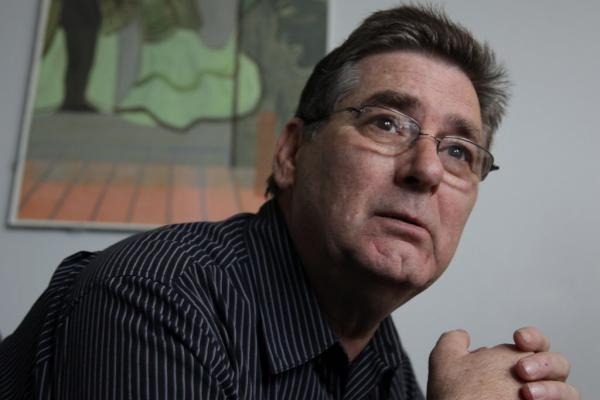POET BRUCE WEIGL inhabits two places in his life, in his work. Two places that could not be more different. But in the course of our conversations, I come to think of them as a single place, the way two hands are part of a single body. One place is Lorain, Ohio. The other is Vietnam.
Ever since the Vietnam War ended, the life of this mill worker’s son has swung between those two far-flung poles.
I met Weigl at a Starbucks in Manhattan’s East Village. I was interviewing a friend of his, Adrie Kusserow, about her book of poems on South Sudan. Weigl was content just to drink his coffee and listen to us talk. He intervened only once, when Kusserow and I began decrying public indifference to South Sudan’s pre-independence history of slaughter, enslavement, and banishment by Sudan.
“If I may defend my fellow human beings here, there are so many places in the world today where there is suffering. It is understandable that people may miss one or two,” he said.
The suffering of the Vietnamese, and of soldiers like himself who fought in Vietnam, is still burned into his psyche like some gory tattoo. It is to be found in every one of his 13 books.
Read the Full Article

